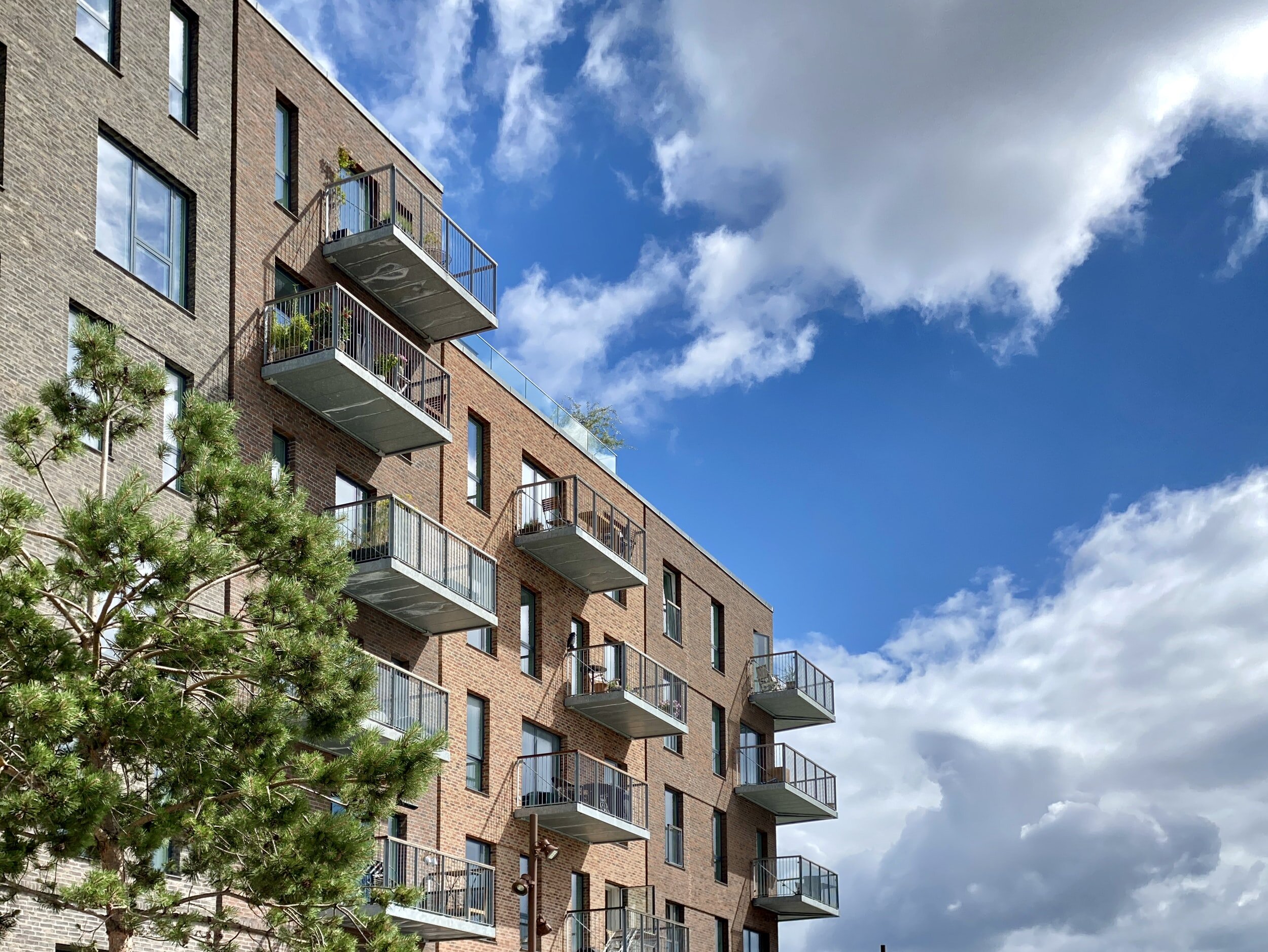Buying a home is one of the most exciting adventures on which you will go. However, it can also be very stressful and frustrating, as finding the right property can take a lot of time and energy. In New York, we have different property types, and understanding the difference between them is important in making your decision. The market is primarily dominated by two types: Condos and Co-Ops.
If you are still unsure what is the right choice for you, we're here to help. Below, we have prepared the pros and cons of both property types. Understanding their differences and what ownership of each entails will make it easier for you to make the right decision.
Condo vs. Co-Op: the main differences
Co-ops and condos have many similarities, so it can be very difficult to notice any differences at first sight. Of course, as with many things, the devils are in the details.
A cooperative, or a co-op for short, is run by a non-profit corporation. The residents buy proprietary leases from this corporation. In a Co-Op your ownership is not that of real property but shares in the corporation. The proprietary leases are shares in the property. By buying proprietary leases, the residents gain certain rights such as access to communal areas of the building as well as to their individual units.
The main difference between Condominiums and Co-Ops is in the structure of the ownership. In a Condo, residents actually own real property and hold the deed to their unit. Additionally, the have an interest in common areas of the building such as hallways and amenity spaces. When you're buying a condo, you are going through the same process as if you were buying a house. The best part is that condominium buildings are everywhere, which is not the case with co-ops. For example, if Manhattan is your dream location, it will be very easy to find a perfect condo – most new construction projects are Condos.
Differences Between Condos and Co-Ops
As said, the main difference between these two types of properties is ownership. However, there are other things that make them different, understanding the full implications of the differences will help you decide which property type is best for your scenario.
● Price - Condos are usually more expensive, but they give you bigger flexibility as they are much easier to sell or rent. However, have in mind that the down payments for Co-Ops are usually higher.
● Fees - In co-ops, all monthly expenses are rolled into one bill known as the “Monthly Maintenance”. Also, the utilities are charged as per the percentage of share a resident owns. For example, if they own 3% of the property, they'll pay 3% of the electricity or water bill.
● Taxes - When it comes to condos, as they're owned individually, the property taxes are charged in the same way as you would pay for a single-family home. As co-ops are considered a single property, property taxes tend to be lower as they are shared between the residents. In a Condo, you will typically face two monthly charges: the real estate taxes as well as monthly Common Charges.
● Board Approval: Both property types have boards and your purchase will be subject to board approval, however, Co-Ops are notorious for having very strict boards and they do not have to disclose why they approve or disapprove a potential resident.
What to have in mind before making your decision?
Now that you know the main differences, here are a couple of more details to consider before making a final decision between condo vs. co-op.
Consider your budget
Every home buying process starts with budget questions. Therefore, make sure to assess how much you can spend by consulting with your Mortgage Broker and Real Estate Agent in order to set your home search up for success. Before you choose a lender, make sure to check with at least three to ensure you are receiving the most competitive rate.
By thoroughly analyzing your budget, you'll have a clear picture of how much you can spend and what kind of property you can purchase.
When setting your budget, make sure to take other factors besides your mortgage into consideration. Keep in mind that co-ops are less in demand and therefore cheaper. However, owning a condo comes with low maintenance costs. You need to weigh both options and figure out what works best for you in the long term.
Also, be mindful of the size of the property you can get for your money. Perhaps the home you used to rent was big, and now you have to downsize. Therefore, you might not have enough room for all your belongings. An easy and inexpensive solution is to rent a storage unit. However, make sure to do your research and notice warning signs before making your choice. For example, if you see any water damage in the unit, that should be an immediate red flag. As you want your belongings to be kept safely, you need to choose the most reliable storage company you can find.
Consider how much responsibility you are willing to accept
The number of responsibilities you'll get with a property might help you resolve the condo vs. co-op dilemma. When you live in a co-op, it almost feels like being a part of a club or society. Every big decision such as a renovation or accepting new tenants has to be made jointly by all residents. Afterward, the elected board will act on any decision residents make.
If you decide to live in a condo, you can choose if you want to decide about these issues on your own or let the condo board make the calls. You may wish to be excluded from these decisions and be responsible only for your own property. It's your decision how much you want to be engaged.
Living in a co-op means that you'll have to participate in every decision regarding your building.
Therefore, make sure to do your research and find out what kind of expenses and obligations you are getting with your first home. Nowadays, all information can be easily found online. You can even buy a property remotely if you wish! Your real estate agent will be able to advise on the monthly common charges or maintenance costs for a given unit.
However, if you are a first-time home buyer, we definitely recommend hiring an experienced real estate agent to help you.





